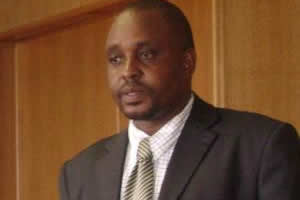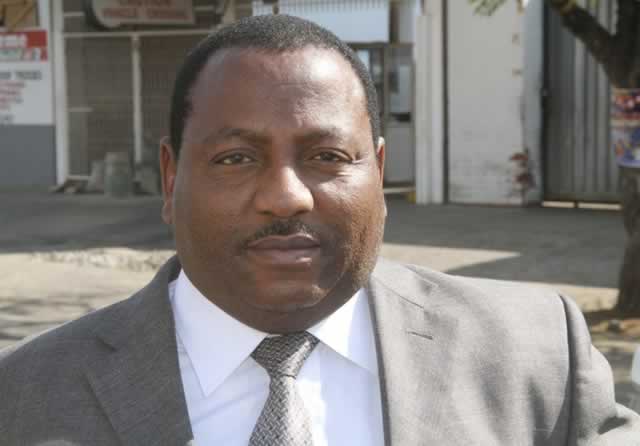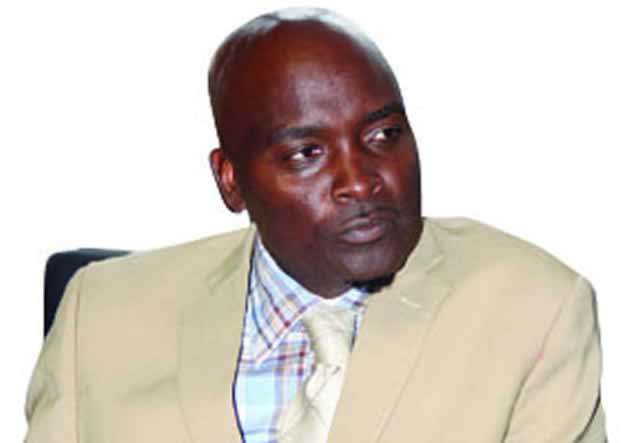Zifa court Botswana in 2017 Afcon bid

Petros Kausiyo Harare Bureau
ZIMBABWE have continued their efforts to convince the Confederation of African Football to consider their bid to stage the 2017 African Cup of Nations with the country yesterday sounding out another neighbour —Botswana —on the possibility of co-hosting the event. Just a week after their northern neighbours Zambia turned them down, the Zimbabwe bid committee has now taken their case to Botswana and are hoping to woo them into agreeing on a possible double act between Harare and Gaborone.
Zifa chief executive, Jonathan Mashingaidze, who is part of a committee that also includes the Sport and Recreation Commission and the Zimbabwe Tourism Authority that has been working behind the scenes to try and put up a bid document to Caf, confirmed yesterday that they had engaged Botswana in their latest endeavour to strengthen their case.
CAF, who had an executive meeting in Addis Ababa, Ethiopia, last week where they also named the hosts for the 2019, 2022 and 2024 Nations Cup tournaments have set September 30, as the deadline by which prospective countries have to tender their bids to the Cairo-based organisation.
It is the 2017 event which Zifa, with the support of the Ministries of Sport, Arts and Culture and Tourism and Hospitality Industry, believe they stand a good chance to win.
Prospective countries which include the likes of Kenya, Tanzania and Ghana have until September 30, to submit their bids to CAF.
The Zimbabwe bid document has already secured President Mugabe’s assent with Mashingaidze revealing yesterday that other line ministries such as that of Home Affairs, Finance, and Local Government also have since added their supporting weight.
“There are consultations underway with our neighbours Botswana and we are now awaiting feedback from them tomorrow or the day after. It must be remembered that Botswana also meet the CAF requirements having successfully hosted the African Under-17 Youth Championships before.
“Even though we engaged Zambia, we had also been in touch with Mozambique so it is clear that this a matter that we have been seized with since Caf invited bids.”
Mashingaidze said the bid committee had also enlisted the services of a consultant “who is working with technocrats from Zifa, the Sport and Recreation Commission and the Zimbabwe Tourism Authority in fine-tune the document that will be submitted to Caf.
“The bid process is still under way, there is a consultant who is putting together the document and is working together with a small committee of technocrats led by Zifa.
“Zifa, as the football authority in the country, provides the lead in terms of profiling the events, products and services that the country can offer in terms of sport in the country and what the clubs and the national team have done over the years.
“We believe that in terms of such issues like transport, tourism, security, connectivity, health delivery system, currency regime, stable banking system, easy access in terms of entry and exit into the country, hospitality facilities and stadiums, we meet the Caf requirements.
“The bid book will also profile the stadiums that we have in the hosts cities, Harare and Bulawayo and other facilities like the airports and what kind of renovations need to be carried out,’’ Mashingaidze said.
The Zifa chief executive said it was imperative that Zimbabweans came together in support of the bid, adding that the prices of upgrading facilities should not end with the 2017 Nations Cup bid.
“Even beyond the 2017 bid people should continue to engage so that we are not seen to be always reactive. There are a number of events that we can also bid to host which are not limited to just the Nations Cup, we can bid for such events like the Caf Congress, or executive meetings, youth tournaments, the Chan.
“It is also good that the process of renovating the facilities in Bulawayo is already under way in preparation for the Region Five Youth Games but there is need for paradigm shift and we should move towards shared ownership of stadiums and consider such things like naming rights to venues.
“As a country we cannot continue to operate the way we were doing in the 1980s and we can see that our councils which own most of the stadiums are overwhelmed with other challenges,’’ said Mashingaidze.










Comments